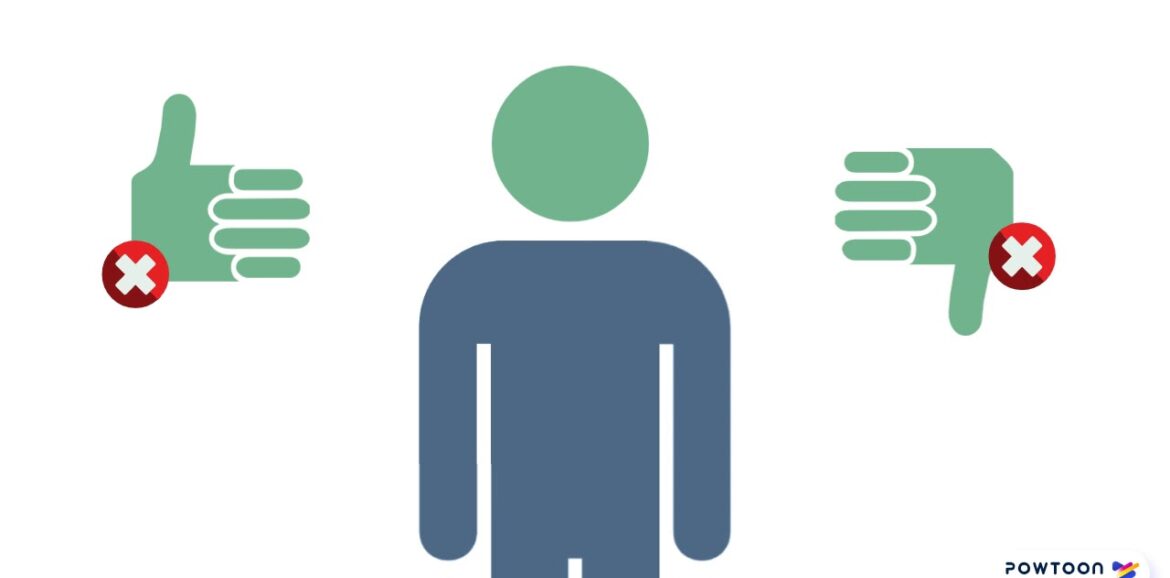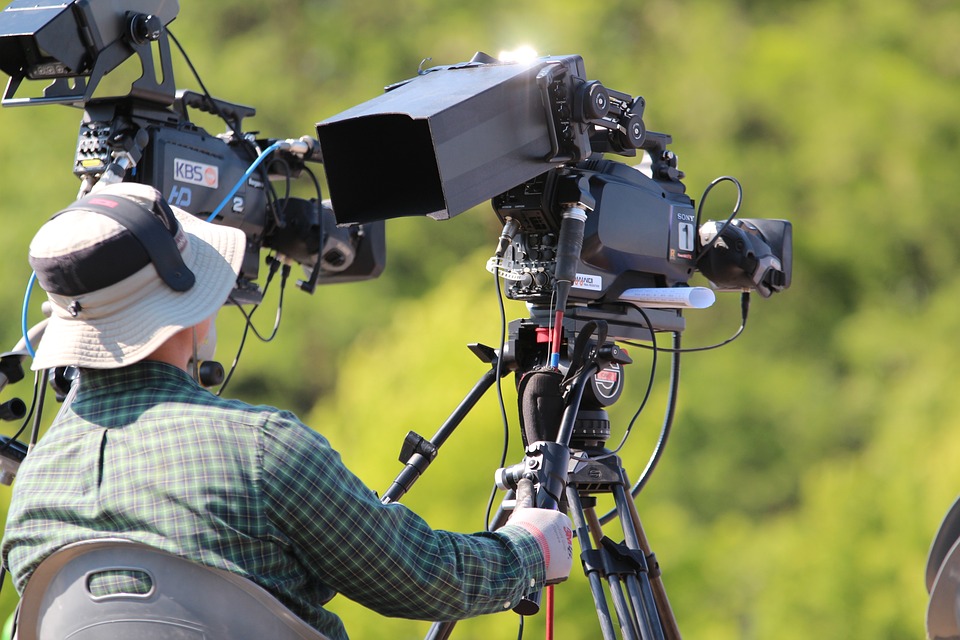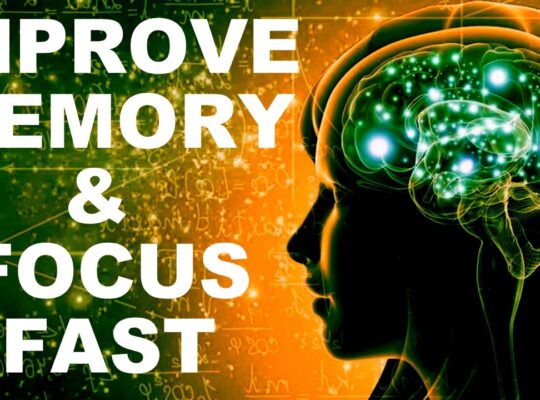This work is licensed under a Creative Commons Attribution-NonCommercial-ShareAlike 4.0 International License https://creativecommons.org/licenses/by-nc-sa/4.0/
Transcript:
What is critical reflection?
[“What? So What? Now What?”]
We reflect all the time, anytime we think back on something that happened and imagine how we might do it differently next time. Critical reflection is similar but involves a more formal process. It requires carefully considering how events and experiences have led to personal growth, and how we might think or act differently in the future as a result.
A critical reflection is not simply a summary of what happened or a report of how you felt during an experience.
[On Thursday, I went to X to do Y. I felt comfortable about doing Y]
For a reflection to be critical, you must make connections between what happened, what you learned from that experience, and how you will apply that learning in the future.
Your reflection doesn’t have to be about a positive or successful experience. We often learn the most when things don’t go right.
[Graph showing the positive correlation between “Failing” on the Y-axis and “Learning” on the X-axis]
The key is to choose an experience where you learned something important that has changed your beliefs or actions in some way. If you have been asked to relate your experience to specific concepts, make sure you choose an experience that you can relate to those concepts.
One model for critical reflection is a three-stage process know as “What? So What? Now What?” developed by Terry Borton. Let’s walk through the three stages together.
Stage 1: What? What happened in a particular situation?
Replay the event in your mind as though it were happening in front of you on a movie screen. What do you see? Be as objective as possible—try not to attach any judgements at this stage.
Stage 2: So what? Analyze the experience more deeply.
What was important about this situation for you? How does this experience connect to course concepts? What did you learn?
Stage 3: Now what? This stage is about applying what you’ve learned.
How have you changed or grown because of this experience? How will you think or act differently in future situations because of this experience? What are you going to do next?
Remember, whatever you are reflecting about, be sure you provide specific examples, explain the significance of what happened, and relate your experience to course concepts. Finally, be sure to explain what you’ve learned and how you will apply this learning in future situations.
[This experience taught me that… As a result, I will…]
For more advice, examples, and templates for writing reflection papers, visit writeonline.ca
[Need help? lib.uoguelph.ca]
[Facebook: /McLaughlinLibrary
Snapchat/Twitter/Instagram: @uglibrary]
[This work is licensed under a Creative Commons Attribution-NonCommercial-ShareAlike 4.0 International License.]
source







